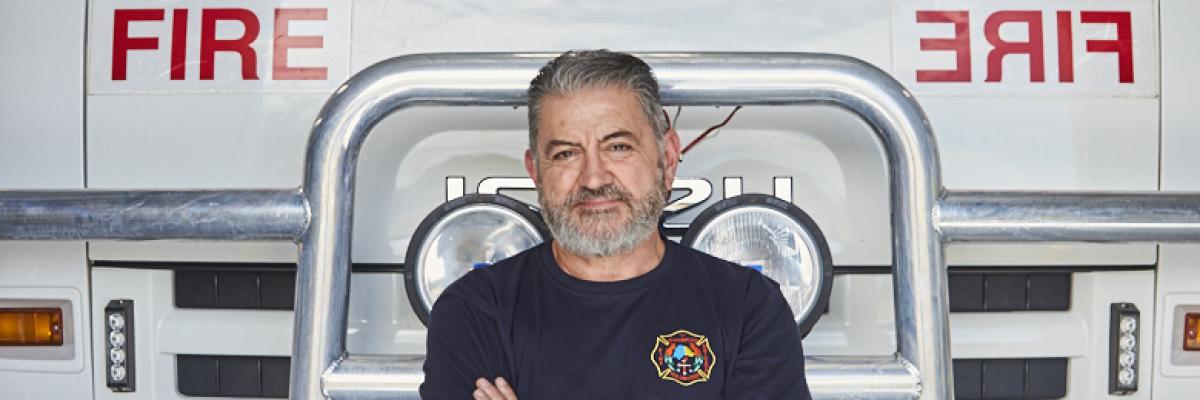IN THE EVENT OF A FIRE – CALL 000
Installation of smoke alarms is mandatory for all new dwellings and additions with habitable rooms. Smoke alarms must be fitted to existing dwellings prior to sale, lease or hire since 1 October 2009. Regulations may vary slightly depending on the age of the building.
Installation
Under Building Regulations 2012 (WA) smoke alarms are required in residential buildings of the following classifications, as defined in the National Construction Code:
- Class 1a (single or grouped dwellings or the like)
- Class 1b (hostel, boarding house, guest house or the like no larger than 300m2 in area)
- Class 2 (multi-residential apartments, flats or the like)
- Class 3 (hotel, motel, guest house, hostel, boarding house, etc.)
- Class 4 (caretaker’s residence associated with a building of another class).
More information: Building classifications
Smoke alarms should be installed by a licensed contractor in accordance with the National Construction Code and Australian Standard 3786 (Smoke alarms). They must be replaced before they reach the manufacturer’s nominated expiry date or after no more than 10 years if an expiry date is not specified.
Smoke alarms must be provided adjacent to bedrooms and on each storey of a dwelling. To reduce the likelihood of false alarms from cooking appliances or steam from bathrooms, etc. it is recommended that smoke alarms not be installed in close proximity to these areas unless necessary.
New homes approved after 1 May 2015
New dwellings approved after 1 May 2015 must include smoke alarms connected to mains power with a battery backup. Where more than one smoke alarm is required in a building all alarms must be interconnected.
Dwellings approved in accordance with earlier editions of the National Construction Code (i.e. 2014 or prior) must have smoke alarms connected to mains power with a battery backup. Smoke alarms are not required to be interconnected unless undertaking alterations that involve additional rooms or substantial electrical work.
More information: contact us.
Homes for sale, lease or hire from 1 October 2009
Vendors must ensure hardwired smoke alarms are installed prior to transfer of ownership. If the vendor should fail to do so, the purchaser must ensure that smoke alarms are installed within 12 months of purchase. The purchaser may then recover the cost from the vendor in court. Penalties apply to either party for non-compliance.
Landlords must ensure hardwired smoke alarms are installed and maintained in good working order prior to lease or hire of a dwelling. Penalties apply to the property owner for non-compliance.
What if hardwired smoke alarms can’t be installed?
The local government may, upon written application, approve battery powered smoke alarms (rather than hardwired) for existing buildings where it is satisfied that installation of hardwired smoke alarms would involve:
- a sufficient problem of a structural nature, or
- a sufficiency problem of another nature, the cause of which is beyond the control of the property owner.
Batteries must have a minimum 10 year life and must not be removable. An application must be in writing and include the application fee of $170. Following application an inspection may be required to assess the nature of the problem prior to determination.
Maintenance
The property owner must ensure that all smoke alarms in a dwelling are maintained in good working order and, where required, remain connected to mains power. They should be cleaned, tested and have their backup batteries replaced regularly in accordance with the manufacturers specifications. Smoke alarms must be replaced before they reach the manufacturer’s nominated expiry date or after no more than 10 years if an expiry date is not specified.
Penalties and infringements for non-compliance
Under Building Regulations 2012 (WA) the City may issue an infringement notice of $750 for failing to comply with these requirements. Additional penalties, including fines up to $5,000 may also be applied through prosecution.
